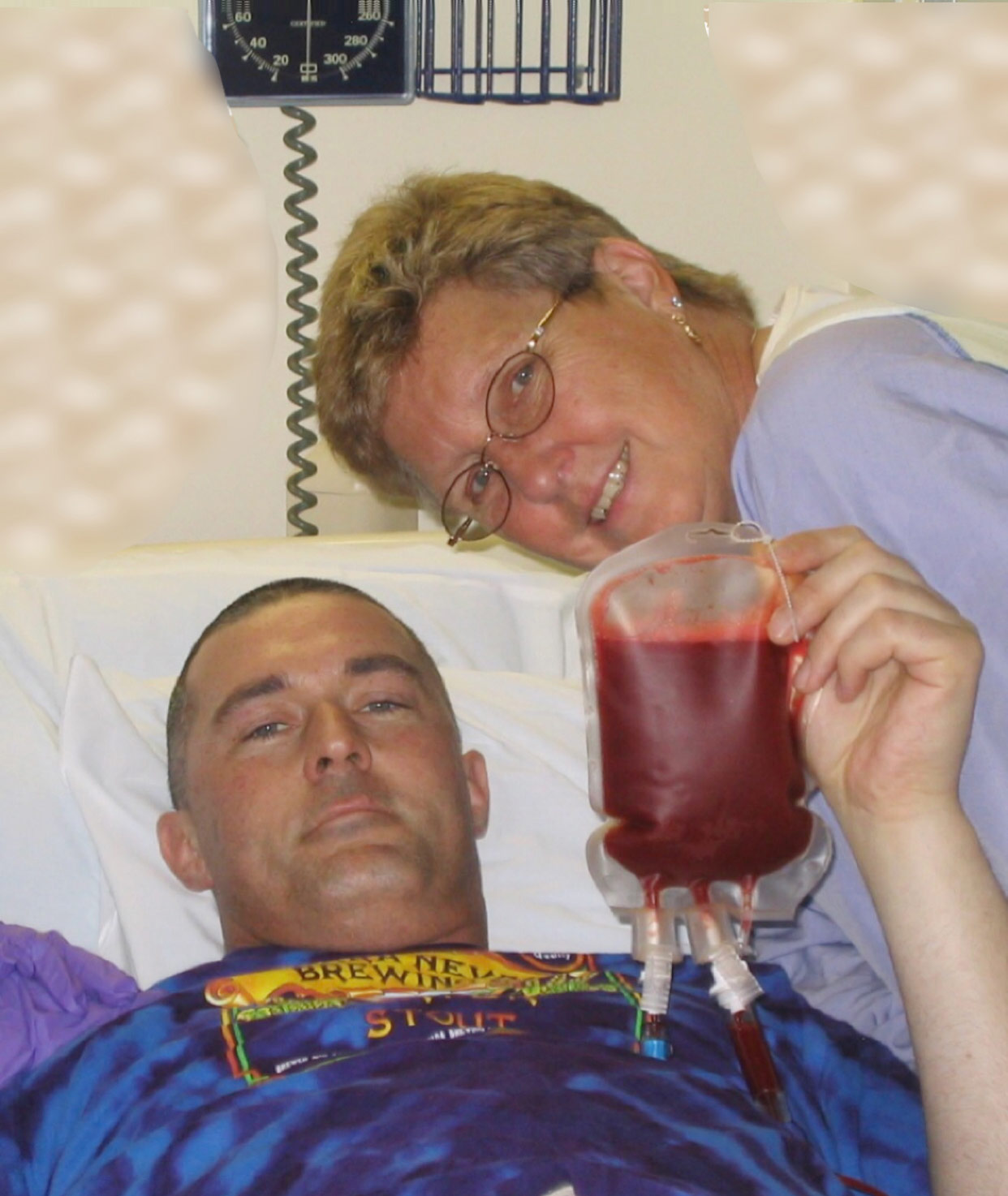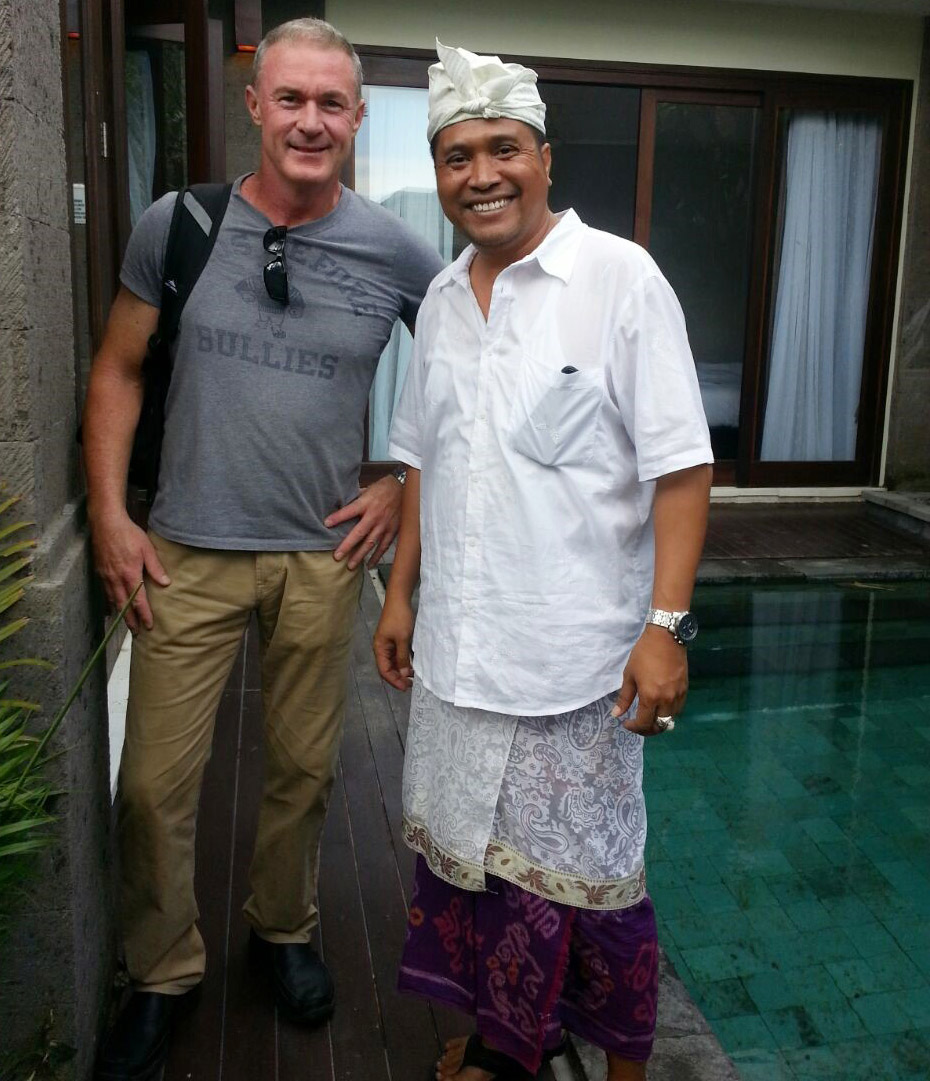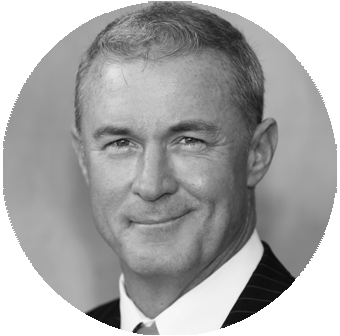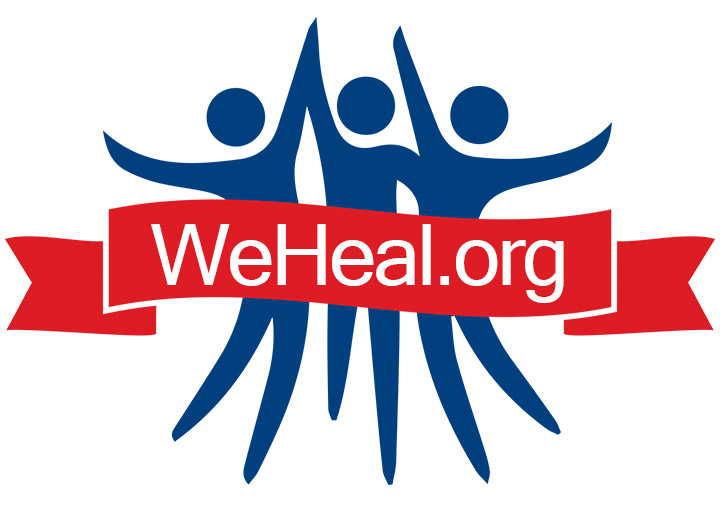magine your doctor informs you that you are very sick and could die in the next few days. How would you feel if, after consulting dozens of top doctors, every major medical center in the United States confirms that you are 100 percent terminal and that nothing can be done?
Allow yourself to consider this situation. Looking at your life, would you have any regrets? Have you lived a meaningful life that will leave a legacy for a better world? Have you improved the human condition, decreased suffering, or simply spread more love and positive energy than negativity, fear and pain? Have you given more than you have taken?
These are profound questions, ones which would facilitate a much better existence for all of us if we were to ask them of ourselves from time to time, before we are inevitably faced with our own mortality.
From an early age I felt a strong sense of purpose, a sense that my life had a deeper meaning and would leave a positive impact beyond simply the sum of my own personal experiences. As an adopted child, I remember my amazing parents telling me that they picked me, in part, because they had a feeling that I was meant to do something great.
Throughout most of my young life, I thought of this destiny in a future context. If and when I was financially successful, I told myself, I would become a philanthropist or serve my country as a congressman, senator, or maybe even president. I saw myself as a spiritual warrior in search of a cause. As fate happens, my cause came to me in the most unexpected way, when my charmed life turned into the worst imaginable nightmare.
It was the fall of 2002. I was 35 years old, in the prime of my life. I had returned to Silicon Valley after several years working in Europe. I was successful in my career and in the best physical shape of my life.
Then, during a monthly blood donation at the Red Cross in early December, the nurse noticed an irregularity. I hadn’t been feeling well for about a month — fatigued, out of breath and run down. Throughout the next few days I was referred to a blood specialist, who pulled a sample of bone marrow (quite painfully) from my hip, and the next day my mother went with me to get the results.
When the doctor entered the exam room, he had his back toward us. As he slowly turned around, I could see tears running down his cheeks. His voice cracked as he said quietly, “This is the hardest part of my job.” He then sat next to me, put his hand on my knee and gathered himself. “Son, you are in for the fight of your life.”
My heart sank as my mother’s grip tightened on my left hand. “You have acute lymphoblastic leukemia, a cancer of your blood, bone marrow and immune system. It is stage four, and I need you to check into Stanford Medical Center tomorrow morning for emergency chemotherapy treatment.”
My head was spinning. “Wait a minute,” I said. “Slow down. I can’t be that sick. I want to get a second opinion and evaluate my options.”
Quickly he responded, “You don’t understand. Your bone marrow is almost 100 percent cancerous. Your body is no longer producing blood cells. If you don’t start treatment immediately, you may not live the next four or five days. I recommend you go home now, get your affairs in order, pack a small bag with comfortable clothes, and they will be waiting for you at Stanford at 8 a.m.”
It was quite apparent from his solemn tone that my chances of living through this were slim. From his perspective, he had just given someone in the prime of their life a death sentence.
The shock and the depth of loss one experiences in this situation is unimaginable if you haven’t lived it. My career, my titles, my dreams and aspirations, even my identity as a person — all were gone in a lightning strike.

How wrong I was!
The next day my education in the inadequacies of our medical system began. After checking in, the doctors handed me two thick binders full of chemical equations and scientific language. They told me that these were the most aggressive clinical trial treatments that they had to offer and said I had to choose one.
I thought they had to be kidding. Wasn’t it their job to figure out what was best for me? How could they expect a patient with zero medical background to make life-and-death decisions regarding their own care? I asked if there was an independent advocate or organization that could help me weigh my options. But besides an emotional support group that met once a month, there was nothing.
Throughout the next few months I was given lethal levels of chemotherapy, which required weeks in the hospital and caused extreme pain and permanent irreparable damage to my body. During these agonizing treatments, I met many patients who were dying simply because their treatments weren’t effective, and nobody was lifting a finger to help them find solutions.

After nine months of treatment at Stanford, I was told nothing else could be done and was referred to hospice care. I went into despair, but quickly regained my will to fight. Miraculously, I had a half sister who worked at the Fred Hutchinson Cancer Center in Seattle. She got me into an experimental transplant program and offered to be the donor. I spent nearly a year in Seattle and underwent two bone marrow transplants and dozens of toxic radiation and chemo treatments. These failed to produce remission, and again I was referred to hospice care. I consulted every hospital with a cancer center in the U.S., but each one said nothing could be done.
Medicine should be a collaborative project involving all of human society, and I for one will continue to strive for the CrowdHealing solution until each and every medical patient on this planet can rest easy knowing that human society has their back, that we all have each other’s back, and that we are getting the best medicine the world has to offer.
Life has a funny way of turning the tables in unexpected ways. By definition, the phrase generally indicates a reversal of fortune in your favor, especially by turning a disadvantage into an advantage. In my case, a devastating circumstance ultimately revealed my life’s mission, but to achieve my purpose it required navigating a nearly impossible path, one laden with despair, determination and, ultimately, hope.

Eric Drew is an internationally recognized speaker, writer, spokesperson and medical advocate. He is the Founder and Chairman of The WeHeal Foundation and the global CrowdHealing project. He is a stem cell transplant survivor, Silicon Valley entrepreneur and angel investor. Drew dedicates his energies to striving for sustainable change for a higher quality of medicine and quality of life for all!
